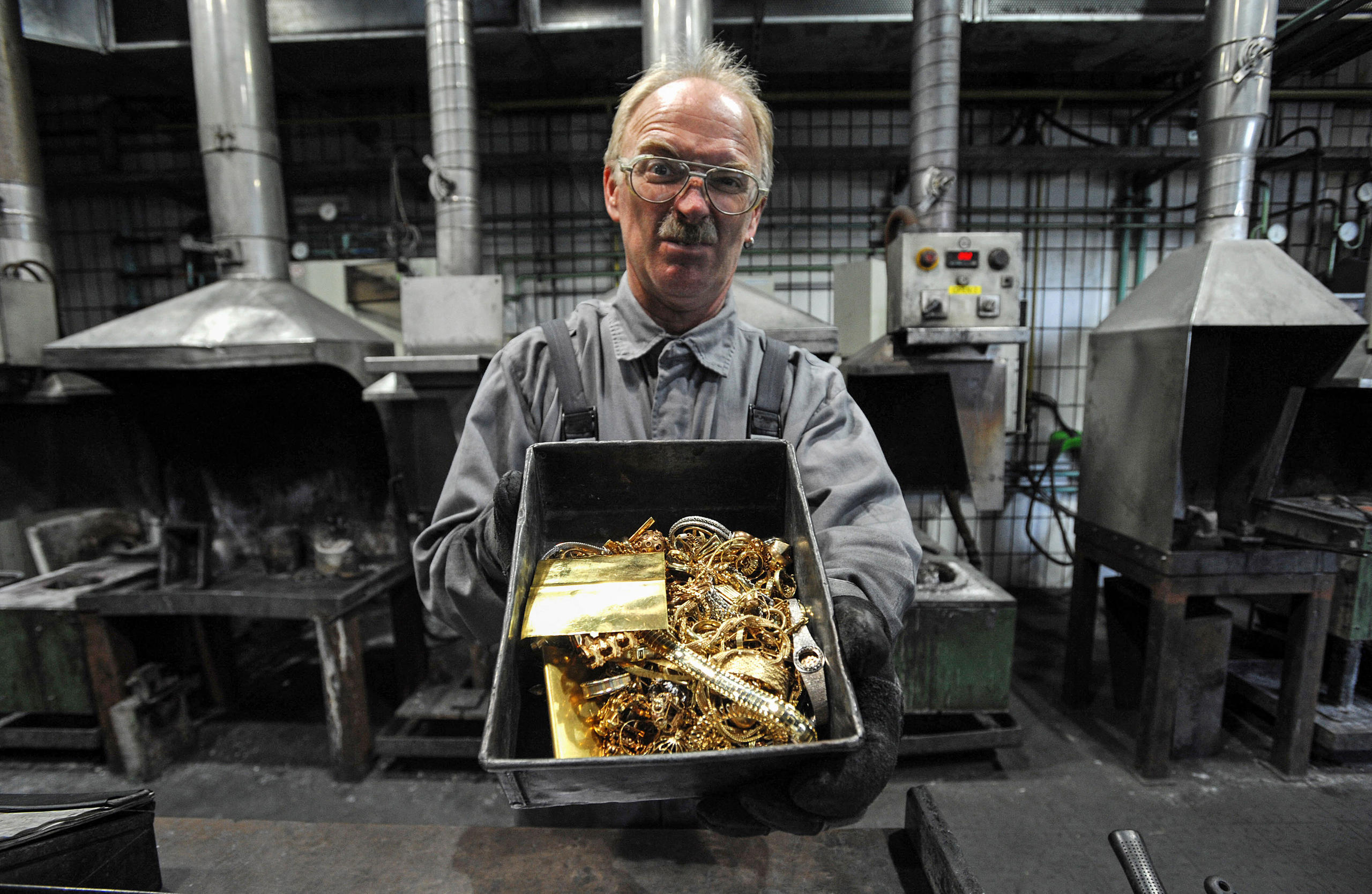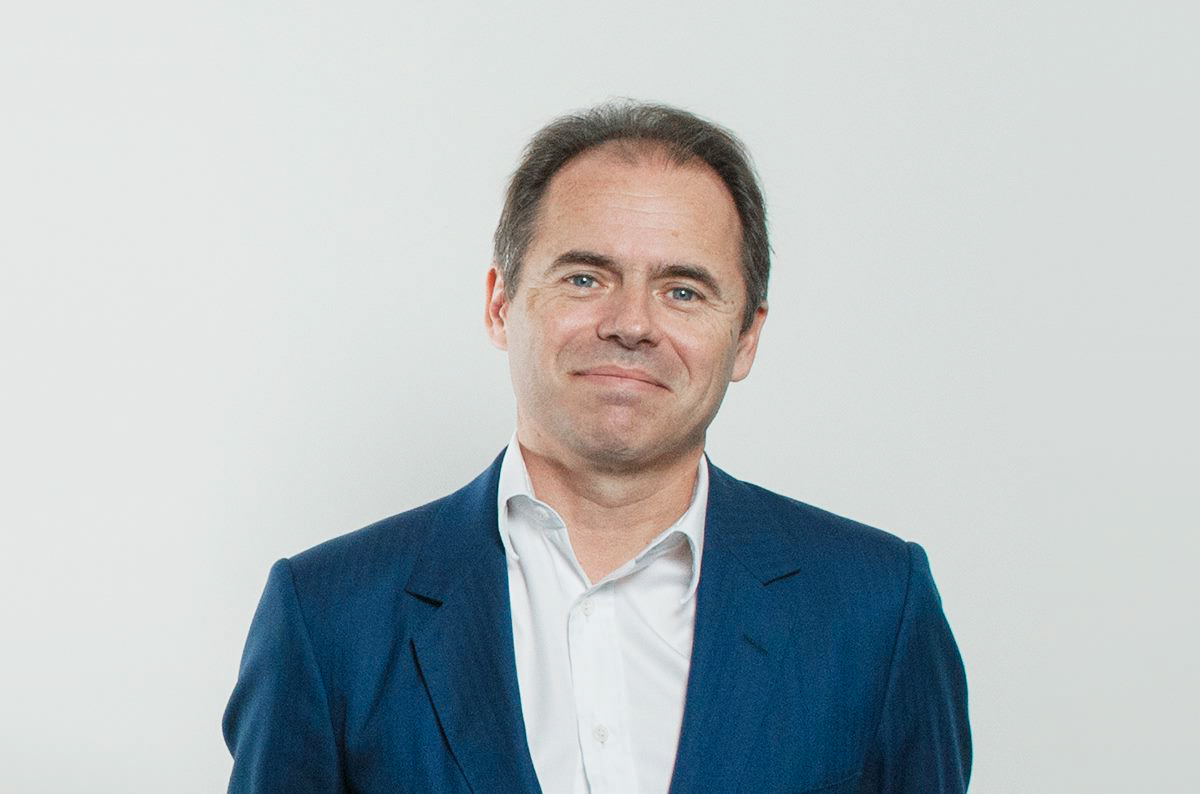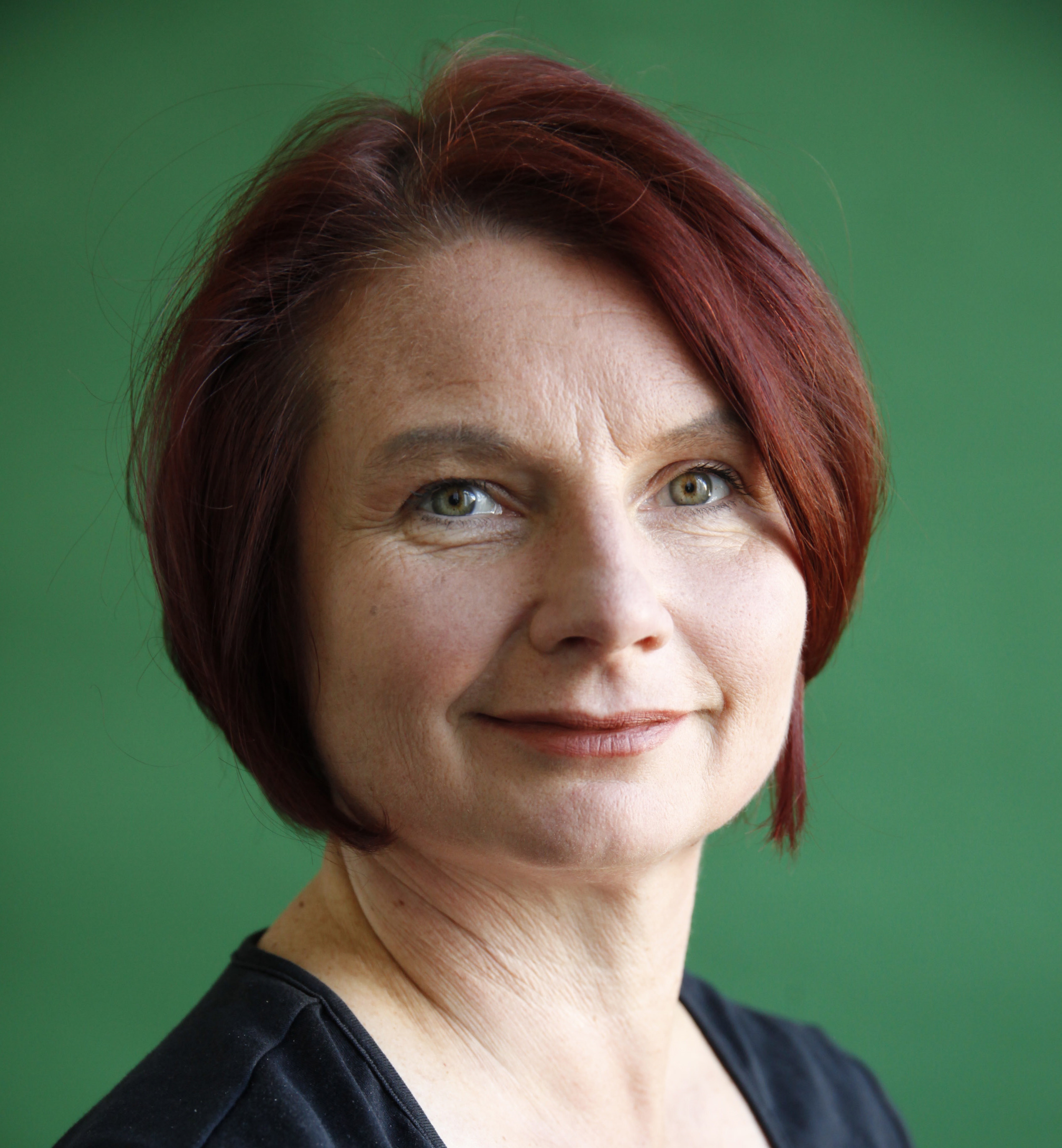
Fighting the fakes: Swiss expertise with a low profile

Trade in gold is booming. AlpVision, a small company in Vaud, western Switzerland, has developed a system for authenticating gold bars. It is part of a Swiss cluster of excellence dedicated to detecting counterfeit products.
Well established as a safe investment, gold bullion has seen price rises (10% between October 2022 and April 2023) in the wake of the financial crisis that brought down Credit Suisse. Yet all that glisters is not gold. There are fraudstersExternal link who sell ingots filled with tungsten as if they were the genuine article, as happened in London in 2012.
Meanwhile, AlpVision has just won accreditation for its system of authentication from the LBMA Gold Bar Integrity ProgrammeExternal link, an independent agency in London regulating precious metals.
“[The award of] this label makes our solution a digital passport for gold bullion. Accessible by smartphoneExternal link, our technology can detect microscopic irregularities on the surface of the product. This solution meets a real need, for more and more people are buying gold on non-specialised platforms like eBay,” says Fred Jordan, co-founder with Martin Kutter of Vevey-based AlpVision.

Rip-offs of precious metals and brand-name products are increasing to an alarming extent. According to a study by the OECD on the economic impact of counterfeiting in SwitzerlandExternal link, the total value of products in violation of intellectual property rights reached CHF7 billion ($7.8 billion) in 2018 – 2.3% of total Swiss exports, as confirmed by Yves Bugmann, head of legal affairs at the Federation of the Swiss Watch Industry.
Centre of gold refining
Metalor, a supplier of gold based in Neuchâtel, has developed its own solution, called BullionProtect, together with SICPA, the world leader in security and traceability techniques based in Lausanne. This approach is currently being used by six gold refining outlets, while three others are thinking of adopting it. It involves the application of a kind of invisible ink, explains Nicolas Carrera, treasurer of Metalor.
It is not a well-known fact, but Switzerland is home to about 70% of the gold refining industry worldwide, according to the World Gold CouncilExternal link. The country hosts four major players in the sector: Metalor in Neuchâtel, and Argor, PAMP and Valcambi in Ticino.
This goes to show why systems to identify fake gold tend to be Swiss too. The Swiss Federal Institute of Technology Lausanne (EPFL), where AlpVision’s founders were both awarded doctorates and developed the technology now used by the company, has been a springboard for growth in this area.
This year SICPA is to open its new “Unlimitrust” campus in Prilly, outside Lausanne. This project worth CHF200 million is supported by canton Vaud and the Federal Institute of Technology Lausanne (EPFL). It is being presented as a centre for innovation in the field of technologies linked to authentication, in partnership with major industry players. The goal is to build a network involving research institutes, start-ups and key players in the business, so as to anchor this competence centre for authentication in the Lake Geneva region.
The authentication industry actually goes back a long way in Switzerland. SICPA started operating in the early 20th century. Founded by Maurice Amon and his son Albert in Lausanne, the company patented a kind of ink which would later be adopted by Interpol in 1969 as a world standard for banknotes. Throughout its history, the company has been a privileged partner of institutions and governments, and has made the Lake Geneva region known as a focus of expertise in the field of authentication.
SICPA was long reputed for its discreet way of doing business, but in the new millennium it diversified its activities. The aim was to add to the security of banknotes, passports and consumer goods of various kinds. In the view of observers, SICPA’s expertise in its field and its repercussions on the local economy have encouraged the development of a real cluster of excellence in the region.
>> Our feature on certification giant SICPA:

More
Sicpa – the hidden cost of selling trust
External linkA focus on certifying authenticity
At the end of the last decade, public agencies and private businesses in the Lake Geneva region got together to launch an initiative aiming to create a focus of excellence to do with anti-fraud technology. Since 2018 an academic-industrial alliance at EPFL called the Center for Digital Trust (C4DT) has brought together some 20 industrial partners, 36 laboratories at EPFL, and representatives of civil society and the political world.
“The World Intellectual Property Organization is based in Geneva, while western Switzerland has a cluster of world leaders in surveillance and encryption like SGS in Geneva and ELCA and Kudelski in canton Vaud. You can find here, within a radius of a few miles, all the key people in the fight against counterfeiting,” points out Lennig Pedron, head of Trust ValleyExternal link, an alliance of local companies active in the sector.

More
Swiss security firm Sicpa convicted of corruption
Counterfeiting is itself on the increase, which is likely to create more and more need for the services of the anti-fraud industry. According to recent forecasting from research platform MarketsandMarketsExternal link, the market for authentication technology is likely to expand, with a compound annual growth rate of about 15.6% between 2020 and 2025, reaching a value of $22.6 billion (CHF20.3 billion) by 2025.
Micro-holes in packaging
Launched in 2001, AlpVision has a permanent staff of 16, and offices in Shanghai and Portland. The company can claim 90 patents, and it protects 30 billion products a year. Applied in numerous sectors, its main technology for authenticating products is based on micro-holes as part of packaging. The sectors covered by AlpVision range from car lubricants to tobacco and alcohol. These products subject to excise (a tax on goods harmful to health or the environment) are frequently counterfeited.
Active on the same front as AlpVision but with a different type of solution, Scantrust has developed a system for managing QR codes that cannot be copied. This start-up also bears the stamp of EPFL, as it was founded there in 2013. The company has about 40 employees working at different sites around the world, one of them being in Shanghai.
“In Asia we find the highest demand, because it’s in that part of the world that people are producing and consuming,” notes Justin Picard, co-founder of the start-up along with Nathan Anderson. “Counterfeiting goes on constantly. The public are very aware of this problem.”
The Scantrust system uses a QR code that cannot be copied, but is readable by smartphone.
“Increasing requirements for transparency mean a heavy responsibility,” Picard says. “Today pricing reflects intangible qualities, such as the level of innovation, the notoriety of the brand, not to mention sustainability and ethical considerations. Authenticity thus becomes a crucial issue.” At the same time, traceability plays an increasingly important role for manufacturers, and provides brands with precious information on stocks or, say, consumer attitudes.
Counterfeit medical drugs on the increase
One strategic sector for the authentication industry is pharmaceuticals. According to a reportExternal link published in 2021 by the Infectious Diseases Data Observatory and the University of Oxford, the black market in prescription drugs increased more than 400% in 2020.
“With two world leaders in pharmaceuticals like Roche and Novartis based here, Switzerland is a natural place for developing solutions,” says Pedron of Trust Valley.
This is a specialised area where again we find AlpVision, capable of sealing packages of prescription drugs with its technology based on micro-holes.
“With the explosion of internet sales, the consumer on the web is often ending up with packets of sugar – or more dangerous substances,” says Martin Kutter. “Only systematic authentication of products can protect against counterfeiting.”
Edited by Virginie Mangin and Samuel Jaberg. Translated from French by Terence MacNamee.

In compliance with the JTI standards
More: SWI swissinfo.ch certified by the Journalism Trust Initiative





























You can find an overview of ongoing debates with our journalists here . Please join us!
If you want to start a conversation about a topic raised in this article or want to report factual errors, email us at english@swissinfo.ch.